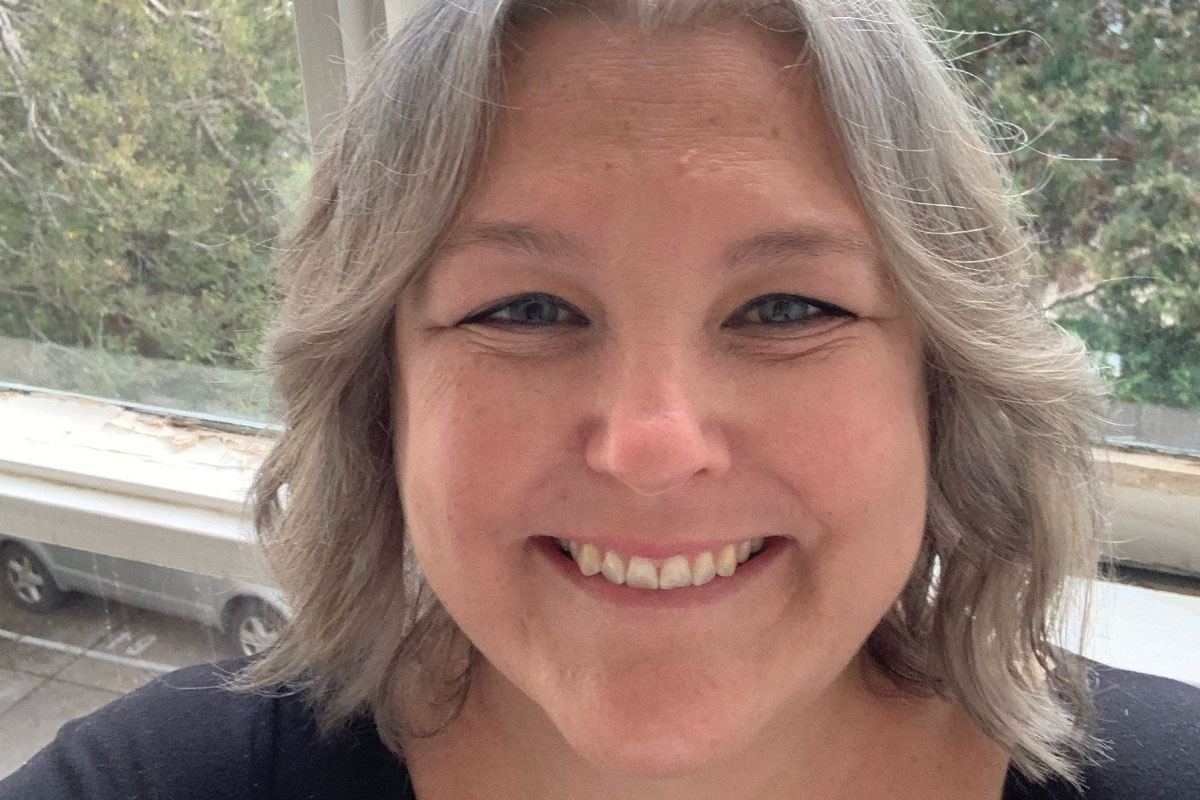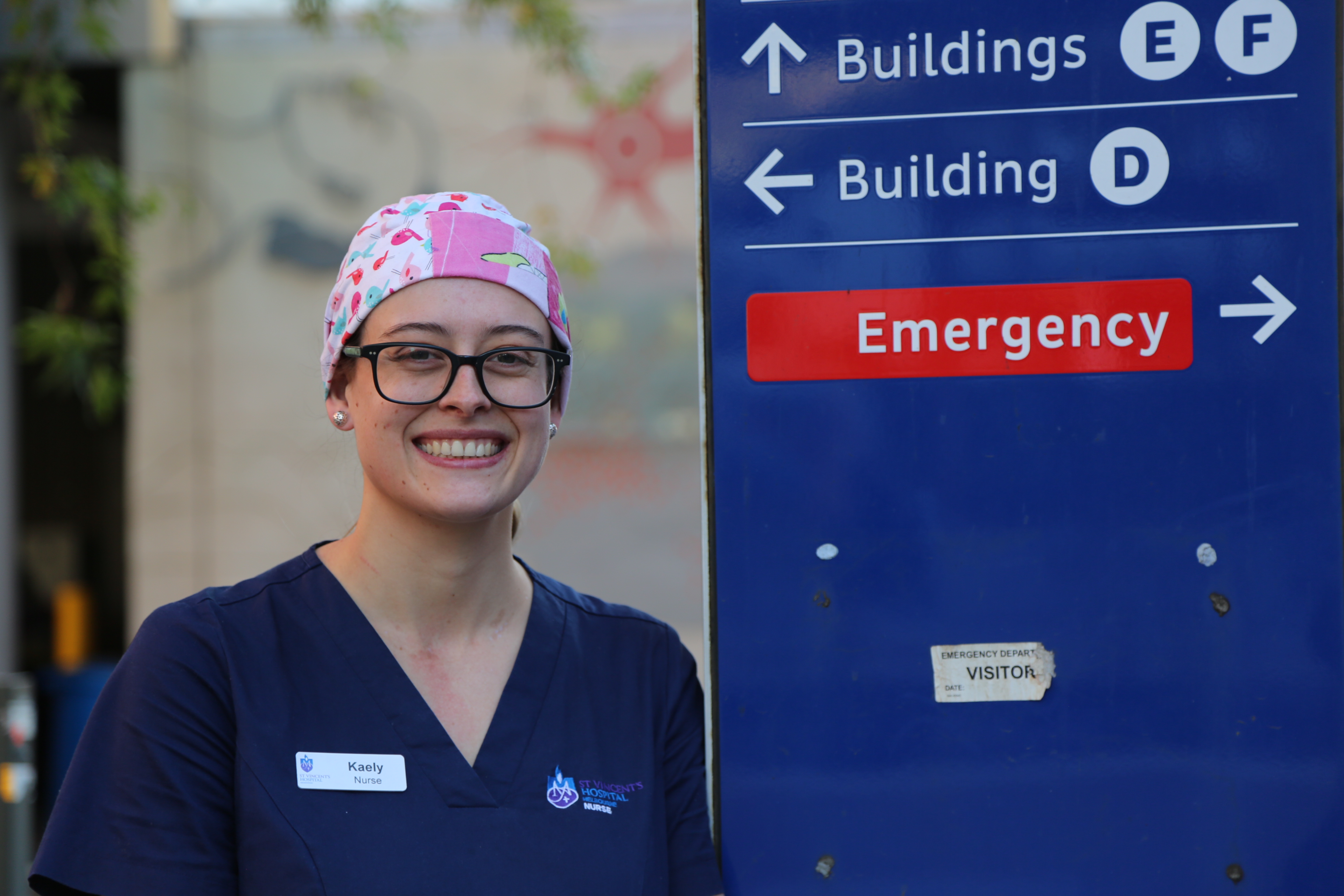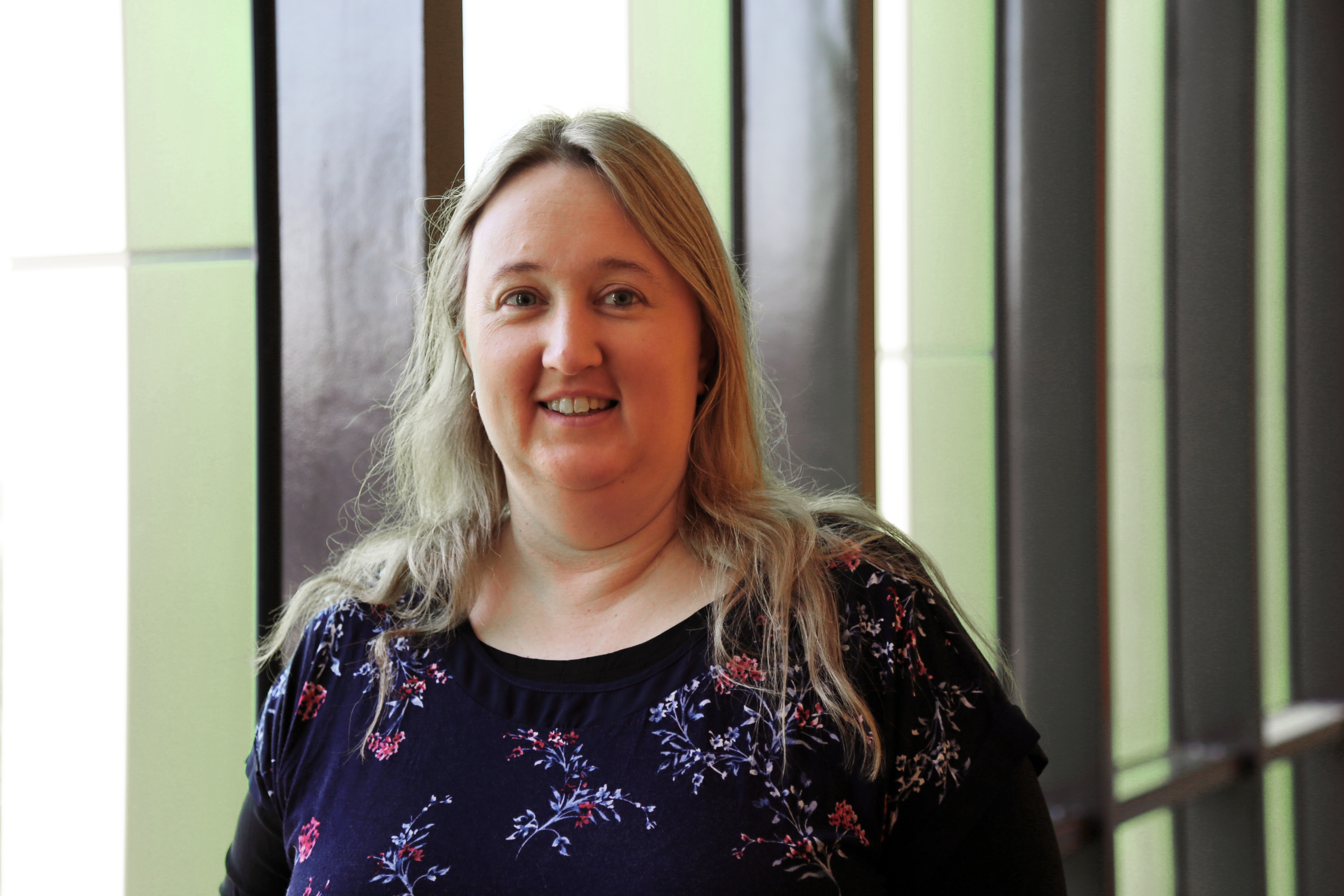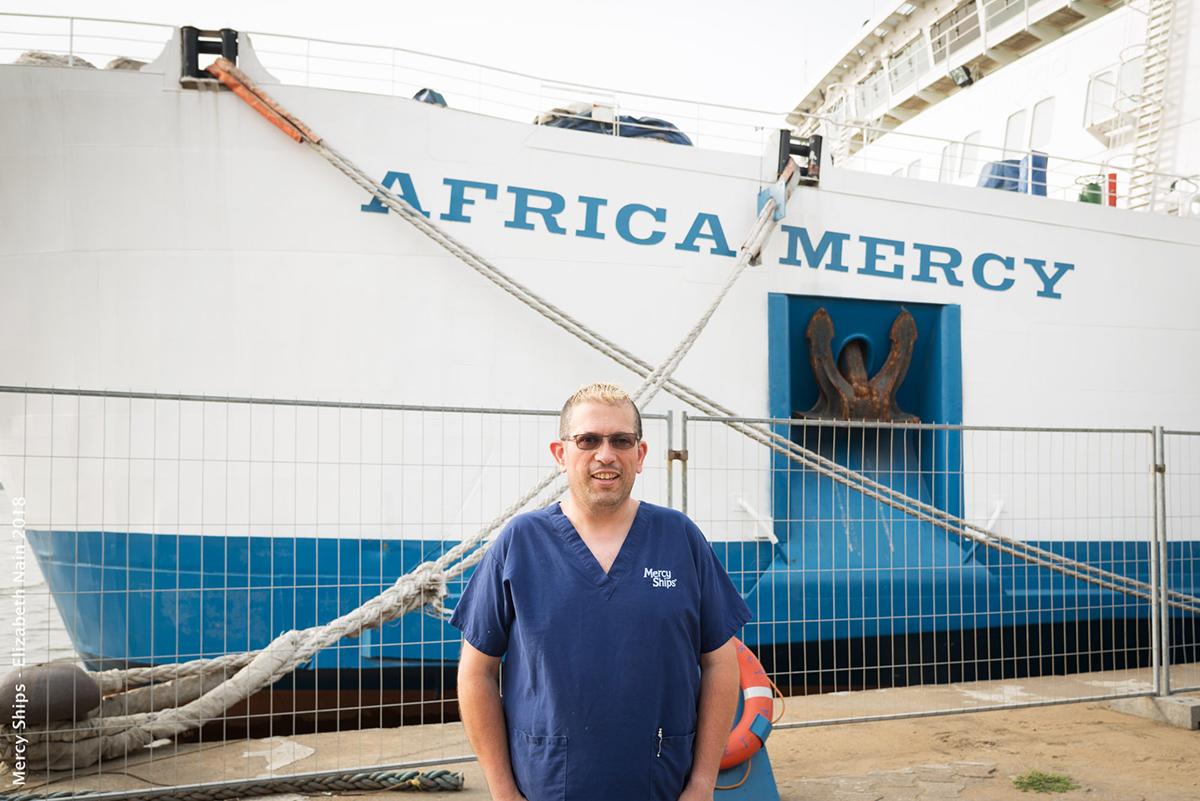
Lynda Maclean
It’s hard to fathom that only a year ago – on 25 January 2020 – Victorian health authorities confirmed the first case of coronavirus in Australia – a man who had arrived in Melbourne from Wuhan on 19 January.
Lynda Maclean was working at the Peter Macallum Cancer Centre as a surgical liaison nurse in plastic and reconstructive surgery but had resigned and was planning to work on bank while she figured out her next career move.
‘I finished up on the 26th February at Peter Mac and could not have timed that worse…about ten days later, every job advertised in Melbourne was pulled,’ she recalled.
But at the peak of the second wave of Melbourne’s COVID-19 infections, Lynda, as a senior registered nurse with critical care training, was asked to manage one of the private aged care homes where many staff and residents had contracted COVID-19.
It was one of the homes whose management was taken over by the Victorian Government during the COVID-19 crisis.
‘It was hard and it was terrifying but it was ultimately one of the best experiences of my life,’ Lynda said.
Lynda worked with a team of nurses from a private acute hospital who had volunteered to step in, as well as allied health staff from Royal Melbourne Hospital.
‘By the end of it, watching these impressive young women really step up to the plate, become a team and do an amazing job, it was very gratifying to be a part of that,’ Lynda said. Even Lynda’s mum offered to help with laundry (an offer that was politely declined).
One of the primary challenges of the coronavirus pandemic was trying to stifle spread of the virus while knowledge about the virus was still being discovered and revised. At the private aged care home, 80 per cent of the regular staff were either infected or furloughed, taking with them their knowledge of how the home operated.
In the aftermath of Victoria’s second wave, Lynda is working alongside the Royal Melbourne Hospital’s aged care services director of nursing, to develop infection control prevention and preparedness plans.
Creating the plans has involved parsing hundreds of pages of information, finding the ‘gold standard’ practice and then establishing what will work on the ground, Lynda said.
Being people’s homes, aged care facilities are unpredictable environments. You have to prepare for scenarios involving residents with COVID-19, dementia and a tendency to wander.
‘It’s about starting a conversation with the people who look after these people day in and day out about how you’re going to mitigate the risk to the rest of the residents without depriving this person of their right to safety and liberty.
‘We’re trying to find the balance between keeping residential aged care facilities homely and comfortable for people but also keeping that stringent, clinical infection prevention and control stuff happening.’
The Royal Melbourne Hospital runs four public psycho-geriatric aged care homes and the plans are intended to inform practice
and preparedness assessments within these homes. But they could also be used more broadly within the West Metro hub that includes Royal Melbourne’s homes and nearly 100 private aged care facilities.
As a consequence of what she learned in running the private aged care facility, plans involve building a forensic knowledge of operations, so that if regular staff are not available, someone can find the code to the photocopier, for example, or where to find wash bowls.
As the coronavirus that caused COVID-19 was a new virus, it was frustrating for many healthcare workers to deal with changing, sometimes conflicting, information about best practice.
One example of practice advice that changed with better knowledge of the spread of coronavirus was the showering of residents.
‘For a while there, no-one was showering anybody and it was all bed baths but when you go through all the information, you realise, yes, you can shower people and this is how you do it safely,’ Lynda said.
‘I think (clear guidance) gives the workforce a sense of control and safety and understanding because if anything 2020 was all about a loss of control and being unsafe and not understanding.’
While the COVID-19 outbreaks involved trauma for staff and residents that will take some time to process, the experience also taught Lynda about teamwork and how adaptable nurses can be.
‘I’ve had the opportunity to work with the defence force, nurses from other states, nurses from other hospitals and I’ve been impressed and amazed by what we’ve been able to achieve when we work together.’



